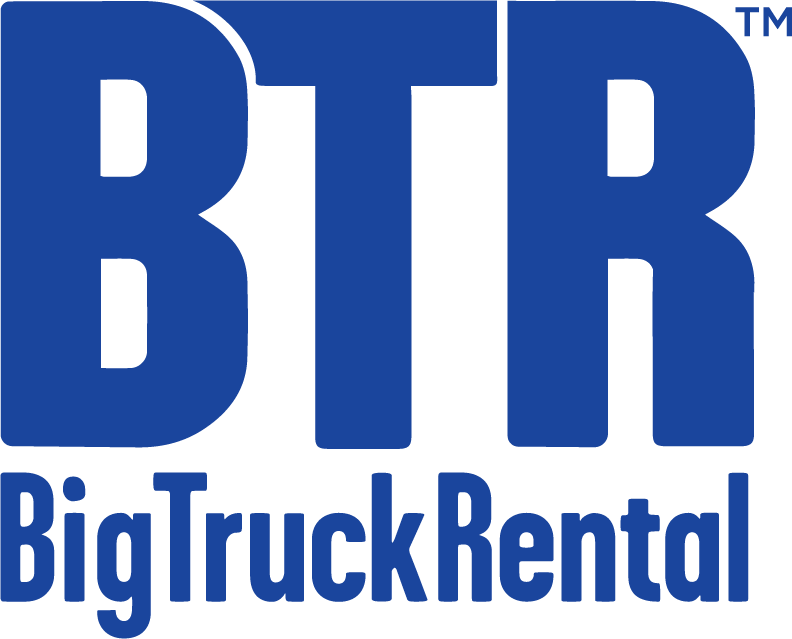Understanding Heavy-duty Truck Classifications
A truck’s classification refers to the maximum weight load a truck can take, using what’s known as a gross vehicle weight rating (GVWR). A truck GVWR helps determine whether a truck is a light-, medium-, or heavy-duty vehicle.
If you’re considering renting a truck with Big Truck Rental, we recommend learning about truck classifications. Understanding the different classes can help you determine what type of truck you need and to understand whether or not you’ll need to arrange a special license to drive one.
How Truck Classification Works
Truck classification considers your vehicle’s GVWR, which refers to the maximum weight when the truck is fully loaded. In addition to the truck’s weight and cargo, it also includes fuel, passengers, and even the trailer tongue.
Classification is important when registering vehicles. Manufacturers also determine the maximum weight when building trucks, taking into account brake efficiency, axle strength, and the truck’s frame.
In the U.S., there are nine different classifications of trucks. In Canada, vehicle classifications can vary depending on the province, with several provinces using their own classification systems.
Light and Medium Truck Classifications
Class 1 to Class 3 vehicles are classified as ‘light’ and usually cover vehicles such as pickup trucks, cargo vans, or SUVs. Medium-duty vehicles are Classes 4 to 6 and usually weigh between 14,001 and 26,000 pounds. They are used to transport goods or people, usually within the same state. For instance, school buses and fire trucks are both examples of medium-duty vehicles.
Heavy-duty Trucks
A vehicle that weighs over 26,000 pounds is considered heavy-duty. These can include vehicles such as cement mixers, street sweepers, garbage trucks, terminal tractors, shunt trucks, or city transit buses. Many heavy-duty trucks are used for long-haul transportation.
Anything over 60,000 pounds, like a dump truck or cement truck, is classified as a super-heavy or special duty truck. Some states also allow exceptions to the GVWR and these are typically classified as “oversized loads.” These trucks are required to travel along specially designed routes and require special permits.
Why Classification Is Important
Classification is an important consideration when it comes to road safety. Classification helps to regulate truck safety to help prevent overloading. Exceeding a truck’s gross weight rating can lead to serious safety concerns. These can include tire strain, brake failure, and issues with suspension, amongst a range of other potential problems.
Understanding the classification of trucks, particularly for heavy and super-heavy truck classifications, is essential to know the vehicle’s limit. If you’re considering renting a heavy-duty truck, discovering your truck’s weight class can help to ensure you don’t overload it with cargo, keeping you and your passengers safe.
What Do I Need to Operate a Heavy-duty Vehicle?
To drive a heavy-duty vehicle over 26,000 pounds, you need a specific commercial truck driver’s license to comply with state and federal guidelines in both the U.S. and Canada. Remember that this weight is the combined weight, so if you’re towing any trailers or other vehicles, you’ll need to consider the total weight of the truck plus your haul.
Interested in Truck Rental?
If you’re thinking about renting a heavy-duty truck, including yard truck rentals, knowing classifications can help you find the right type of truck for your needs. At Big Truck Rental, we’re North America’s number-one source for rental trucks.
We offer a wide range of rental solutions, including front loader, side loader, and yard spotter truck rental. We offer a range of short-term and long-term plans to meet your needs and budget, and most of our fleet is less than 24 months old. If you’re looking for more information about terminal tractor or garbage truck rentals, get in contact with us today.

